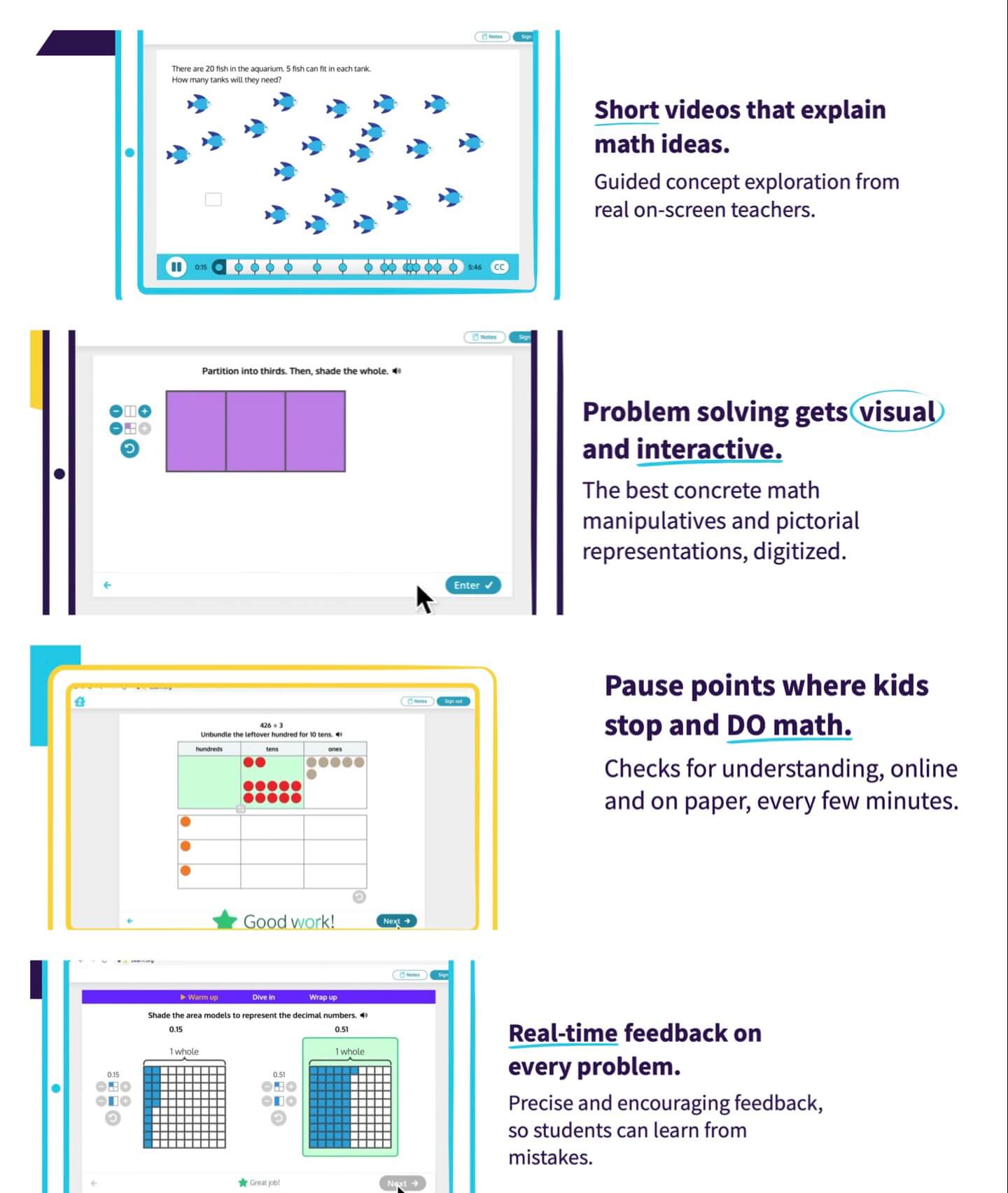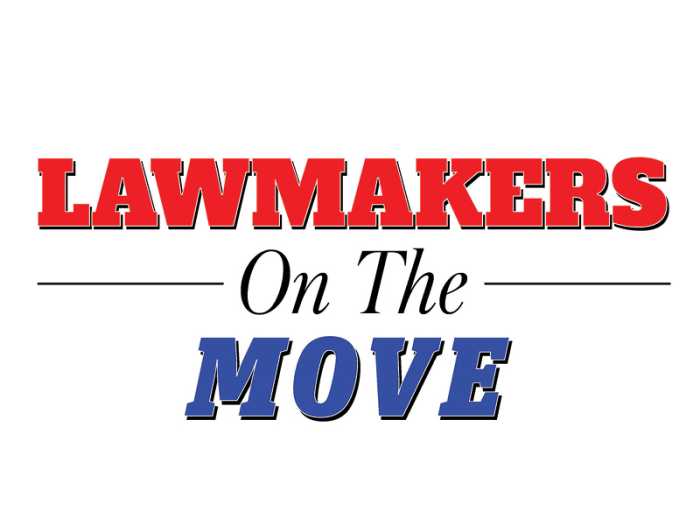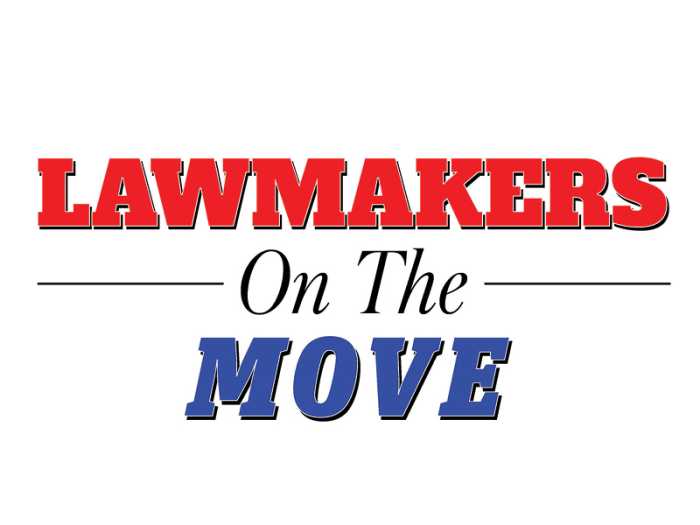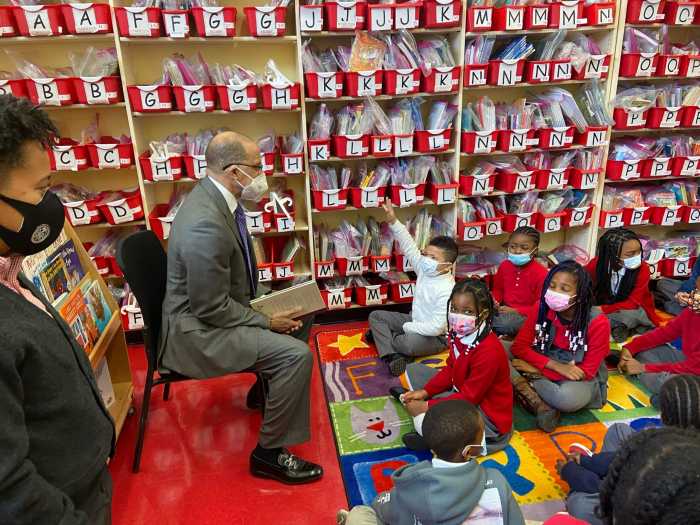The NYC Department of Education’s Panel for Education Policy approved a seven-year, $983,500 contract last week with Zearn, an educational nonprofit that has developed and offers an online math curriculum.
The contract was approved despite some PEP members and community members expressing concern about the program, arguing that it reduces instructional time for teachers and increases screen time for children.
Zearn’s math learning software program was developed for kindergarteners through eighth-grade students and is already being utilized in some of New York City’s public schools through a pilot program. The program has been rolled out nationwide and is in more than 50% of districts across the country, according to the nonprofit. The software can be used by itself or to supplement another math-learning tool.
The nonprofit touted a study released this February that found that first-through-sixth graders in Washington D.C.’s public schools who used Zearn “had large gains in math.” The study looked at students who used digital lessons on Zearn Math weekly and found that these students performed on state assessments better than students who did not use Zearn, including Black, Latino, multilingual, special education, and at-risk students.
Zearn spokesperson Anna O’Sullivan said that Zearn Math is fully aligned with state math standards and requirements, and can be used alongside other math curricula. DOE will handle the day-to-day implementation of Zearn in schools, according to O’Sullivan.
“Zearn Math can also be used flexibly during the school day as a core complement or for after-school programming to accelerate math learning,” O’Sullivan said.
O’Sullivan added that Zearn provides recommendations for how to integrate its 30-minute lessons into a core math block if that is the preference, “but essentially we view our role as a complement to what teachers are doing in the classroom.”
Criticism from PEP members and members of the public pointed to a general disinterest in investing in more digitized programs, especially amidst a $500 million proposed cut to the education budget for the 2024 fiscal year.

Kim Berney-Brooke, a parent of a DOE high schooler who previously served as a parent representative at PS 107 in Brooklyn, said children need to spend more time with their teachers. Berney-Brooke sees Zearn more as a test-prep program and doesn’t believe the program necessarily helps students become critical thinkers.
“We don’t need more computerized programs for our students to be sitting in,” Berney-Brooke said. “I don’t think it’s the most appropriate use of funds within the classroom.”
Lupe Hernandez, a borough president-appointee on the Community Education Council, said her reasons for objecting to the Zearn program were based on the experience she has had with her son, a fourth grader who is on the autism spectrum, who is more in need of teacher-student interaction.
“What I see with this contract is a lot of money being spent on time that will not even serve my son,” said Hernandez, who prefers more investment towards technology and equipment for special education, including her son’s. “It’s interesting that we’re spending this much money to quickly throw them in front of a screen more. I see him missing out on more opportunities to actually learn in the classroom and build with his peers.”
Reyhan Mehran, a Brooklyn parent of three children, also asked the PEP to reject the Zearn contract.
“We parents want actual teaching and learning, not test prep or computer-based instruction with their kids sitting in front of computers at school, day after day for standardized assessments and interim assessments,” Mehran said. “Many of us are opting out of all of these assessments. We don’t want our kids spending time doing this. We trust our children’s teachers and administrators to design challenging and engaging curriculum and assessments.”
PEP member Naveed Hasan, a computer scientist who has long worked in machine learning and artificial intelligence, said schools should be encouraging interaction between students, their classmates, and teachers– as opposed to software.
“I believe more in our teachers,” Hasan said. “Using these companies is the easy way out. The creativity that’s missing makes us better in the long run.”
In response to these criticisms, NYC Public Schools First Deputy Chancellor Dan Weisberg said that Zearn is a particularly useful tool to help students — rough intervention — who are falling behind in math. Schools can currently opt-in to use Zearn, and teachers will monitor student progress as they work.
“The intervention has a track record of effectiveness, particularly with those students who are two or more grade levels behind,” Weisberg said. “We have a number of schools and districts that were interested in intervention to catch kids up.”
Weisberg also addressed parents’ concerns about screen time in classrooms.
“It is not hours a day,” Weisberg said. “It is 20 to 30 minutes a day.”
Thomas Sheppard, a PEP member and CEC Presidents’ Representative, said he doubted the program’s ability to support learning capabilities, especially coming out of the height of the pandemic.
“I’m really concerned about the usefulness of an online program to get struggling students back on track, when part of the reason why many students struggle to begin with was because it was all online,” Sheppard said. “There’s no data to support the effectiveness of this particular program.”
Weisberg said that the Department of Education is working on providing more information about Zearn and its impact so far on students.
Said Weisberg: “We hope to be able to brief you at some point in the not-too-distant future on what our strategy is to find more holistic measures that do a much better job of capturing learning in all of its aspects.”






































